need help with self-pollination!
kawaiineko_gardener
12 years ago
Related Stories
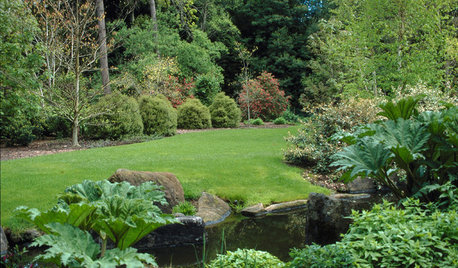
GARDENING GUIDESYou Don't Need Prairie to Help Pollinators
Woodlands, marshes, deserts — pollinators are everywhere
Full Story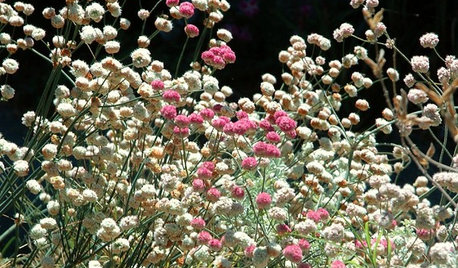
GARDENING GUIDESGreat Design Plant: Eriogonum Nudum, a Summer Oasis for Pollinators
Naked buckwheat is a bee and butterfly magnet with an easy nature, a tough constitution and profuse pom-pom flowers in summer
Full Story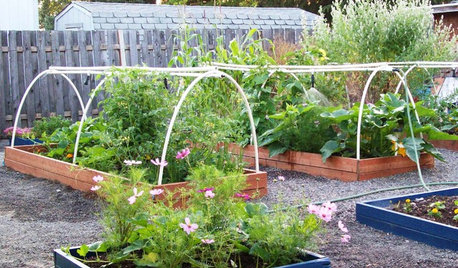
BENEFICIAL INSECTSAttract Pollinators for a Productive Edible Garden
You can lure bees, butterflies and birds into your yard with the right flowers and nesting spots
Full Story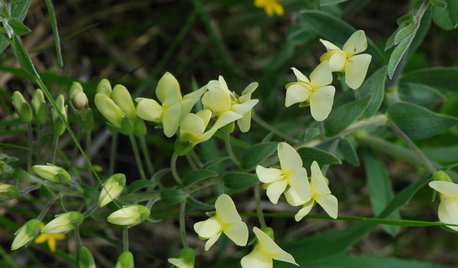
FLOWERS AND PLANTSPlant Baptisia Bracteata for Blooms Pollinators Will Love
Longbract wild indigo is great in dry soil, and its spring flowers attract butterflies and bumblebees
Full Story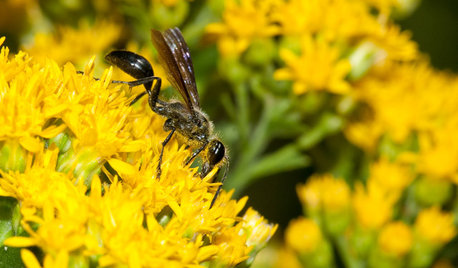
GARDENING GUIDESMeet the Grass-Carrying Wasp, a Gentle Pollinator of Summer Flowers
These fascinating insects nest in wood cavities and hollow plant stems
Full Story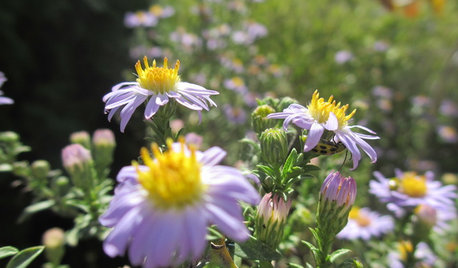
NATIVE PLANTSPlant These Fall-Flowering Natives in Early Summer for Pollinator Love
These 3 groups of plants will support masses of beneficial insects come autumn
Full Story
HOUZZ TOURSHouzz Tour: A Self-Sufficient Farmhouse With a Sheep-Pasture Roof
LEED Platinum certification and a soil-covered top make this pastoral Virginia home green in more ways than one
Full Story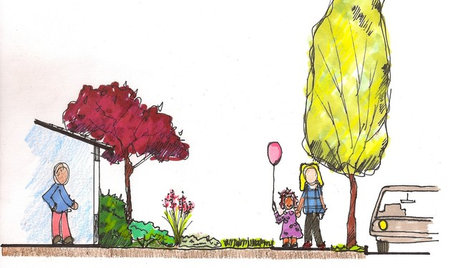
LANDSCAPE DESIGNGive Curb Appeal a Self-Serving Twist
Suit yourself with a front-yard design that pleases those inside the house as much as viewers from the street
Full Story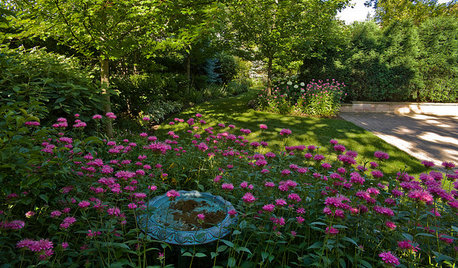
LANDSCAPE DESIGNExuberant Self-Seeders for Gorgeous, Easy-Care Gardens
Keep weeds down, color high and maintenance low with beautful plants that sow themselves
Full Story
HOME TECHGadgets Help You Watch Your Health at Home
See the crop of new devices that can monitor your body's vital signs and environment for health, fitness and fun
Full Story





nygardener
farmerdill
Related Professionals
Broomfield Landscape Contractors · Crystal Landscape Contractors · Cudahy Landscape Contractors · Deerfield Landscape Contractors · East Lake-Orient Park Landscape Contractors · Eustis Landscape Contractors · Golden Landscape Contractors · Metairie Landscape Contractors · Red Oak Landscape Contractors · San Antonio Landscape Contractors · Uxbridge Landscape Contractors · Kyle Roofing & Gutters · Washington Roofing & Gutters · Wichita Roofing & Gutters · North Hollywood Roofing & Gutters